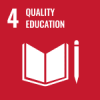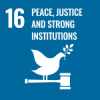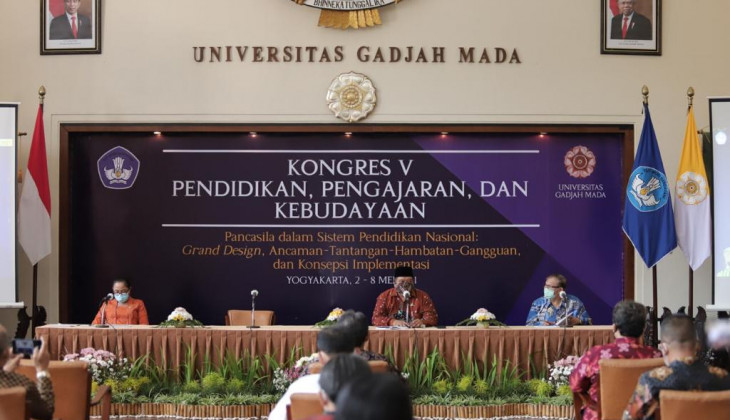Pancasila education since the 1998 reform era is no longer a matter of public remembrance, let alone public discourse. In fact, there is no obligation to provide Pancasila education in Law no. 20 of 2003 concerning the National Education System (Sisdiknas) in the discussion of the curriculum. The absence of Pancasila subjects for school-age children from PAUD, elementary, high school to university levels is allegedly the cause of the decline in the number of people who support Pancasila.
“Citing a survey from the Indonesian Survey Circle, there was a 10 percent decline in the number of Indonesians who supported Pancasila from 2005 to 2018. This decline should not be taken lightly or ignored,” said My Esti Wijayati, Member of Commission X DPR RI, at the 5th Congress on Education, Teaching, and Culture at UGM Senate Hall, Friday (7/5).
According to Esti Wijayati, the decline in the number of Indonesians who are pro-Pancasila is due to the lack of providing Pancasila subjects in schools and campuses and being replaced with civic education instead. “I hope there will be full support from the campus in making the education roadmap which will be completed in 2021. The changes to the National Education System Law should not only be about the curriculum but also about lecturers and teachers, which so far overlap with other laws,” she said.
The Governor of Yogyakarta, Sri Sultan Hamengku Buwono X, said that our national education faces serious challenges with the issuance of PP No. 57 of 2021 concerning National Education Standards. This regulation received a strong reaction from the public for eliminating Pancasila and the Indonesian language as compulsory subjects. “The government will soon correct this misperception,” he said.
He advised that this should not happen. Every time there is government regulation, it is necessary to observe the level of public participation. In addition to revising the PP, he agreed to revise Law No. 20 of 2003 as an umbrella reference for the PP, which is its derivative. Moreover, the National Education System Law only contains the nomenclature of Civic Education, not Pancasila education.
Similarly, the former UGM Chancellor, Prof. Sofian Effendi said that during the past 18 years since Law No. 20 of 2003, Pancasila education had been abolished as a compulsory subject. “Many schools no longer teach Pancasila. Consequently, the results of the 2018 Alvara Research Group survey found that around 19 percent of ASN reported being anti-Pancasila. In fact, the Minister of Defense in 2019 stated that 23.4 percent of Indonesian students were exposed to anti-Pancasila radicalism and the 1945 Constitution,” he said.
Regarding the revisions of the PP and the National Education System Law, Sofian Effendi emphasized that campuses should always provide input and criticism to the government for the benefit of national education. “If there is a policy error from our government, the campus should criticize for the sake of the national interest,” he said.
In addition, providing theological studies of Pancasila as a scientific philosophy is also urgent to do. “Hopefully, PSP UGM and the Faculty of Philosophy can go in this direction. Not only teaching legal, political, economic theories but also basing those theories on the precepts of Pancasila,” he said.
He gave an example of the economic theory of Pancasila pioneered by Prof. Mubyarto and Prof. Sri Edi Swasono. This theory could be developed further so that students would receive teachings about the Pancasila economy. “Instead of teaching western economic theory,” he added.
Historian, Dr. Anhar Gonggong said Pancasila since the independence period has always been a game for politics. According to him, Pancasila is more talked about than practiced. In fact, after the reformation, people seem embarrassed to discuss Pancasila.
“Why did that happen? Because as long as it is applied as the basis of the state, Pancasila is always used as a political tool for the benefit of power, not for the people,” he explained.
He agreed that there needs to be a consensus in the national education system that stipulates Pancasila as a guide to educate the nation. “That’s our challenge until now,” he concluded.



